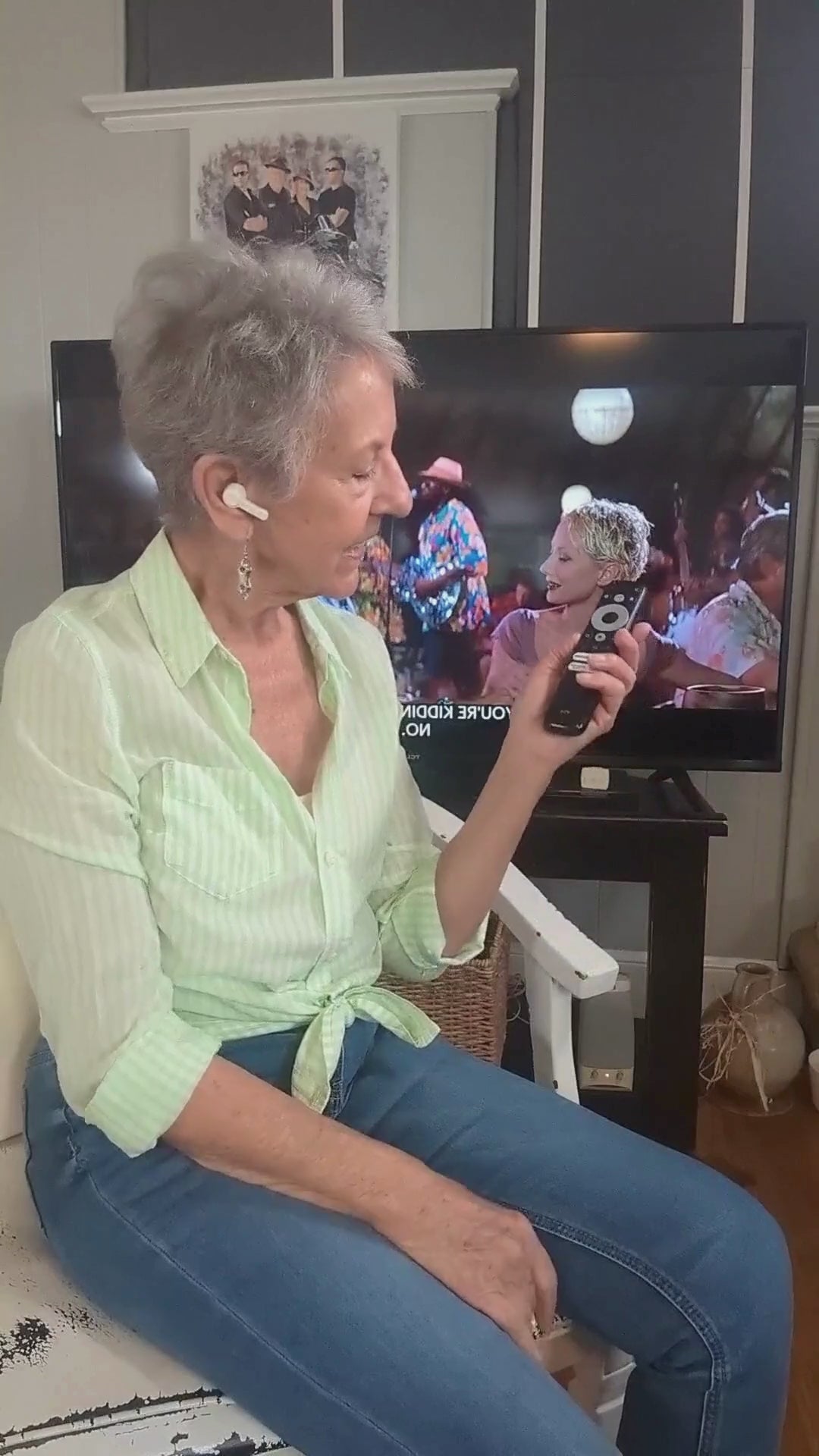
Introduction
Imagine a world without the laughter of loved ones, the soothing notes of music, or the rustling leaves in the wind. Hearing loss can strip these experiences away, making the prevention of this condition a critical aspect of overall health. In this extensive guide sponsored by Mimitakara, we delve into the intricacies of preventing hearing loss. From understanding the primary causes to adopting practical lifestyle changes and exploring cutting-edge technologies, let's embark on a journey towards preserving the precious gift of sound.
Understanding the Causes and Risk Factors
Noise-induced Hearing Loss (NIHL):
Unsurprisingly, exposure to loud noises is a leading cause of hearing loss. From recreational activities to occupational hazards, understanding the decibel levels and duration of exposure is key to prevention.
Aging and Presbycusis:
As we age, the natural wear and tear on our auditory system can lead to presbycusis. While aging is inevitable, adopting preventive measures can slow the progression of age-related hearing loss.
Genetic Factors:
Genetic predispositions can make some individuals more susceptible to hearing loss. Recognizing family history and proactively addressing potential risk factors is crucial.
Medical Conditions:
Certain medical conditions, including diabetes and cardiovascular issues, can contribute to hearing loss. Managing these conditions effectively is essential for preventing associated auditory issues.
Practical Lifestyle Changes for Hearing Health
Volume Control:
Limit exposure to loud noises, whether from concerts, machinery, or personal audio devices. Utilize volume control features and invest in noise-canceling headphones to protect your ears.
Protective Gear:
In noisy environments, use ear protection such as earplugs or earmuffs. This is especially crucial for individuals working in industries with high noise levels.
Regular Hearing Check-ups:
Schedule periodic hearing assessments, even if you believe your hearing is intact. Early detection allows for timely intervention and preventive measures.
Healthy Lifestyle Habits:
Adopting a balanced diet, staying physically active, and managing overall health contribute to the well-being of your auditory system.
Innovative Technologies for Hearing Protection
Customizable Hearing Protection Devices:
Explore custom-fitted earplugs or earmuffs designed to provide optimal protection while ensuring comfort and suitability for your unique ear shape.
Smart Noise Reduction in Hearing Aids:
Mimitakara's advanced hearing aids come equipped with smart noise reduction technology, filtering out excessive background noise and reducing the risk of noise-induced hearing loss.
Bluetooth Connectivity:
Bluetooth-enabled hearing aids not only offer seamless connectivity to compatible devices but also allow for personalized control, promoting a safer listening experience.
Why is hearing loss prevention so important?
Preventing hearing loss is about more than just avoiding hearing aids. Untreated hearing loss is linked to:
- Social isolation: Difficulty following conversations can push people away from social settings.
- Cognitive decline: Studies show a strong link between hearing loss and dementia.
- Safety risks: Missing alarms, traffic sounds, or workplace warnings increases danger.
- Reduced quality of life: Music, laughter, and even everyday communication become harder to enjoy.
By protecting your ears early, you safeguard your independence and long-term brain health.
How loud is too loud for my ears?
Sound intensity is measured in decibels (dB). Experts recommend limiting exposure to anything above 85 dB. For reference:
- Normal conversation: 60 dB
- City traffic: 85 dB
- Lawnmower: 90 dB
- Rock concert: 100–110 dB
- Siren or jet engine: 120+ dB
The louder the sound, the shorter the safe listening time. For example, at 100 dB, you risk damage after just 15 minutes.
What steps can I take to protect my hearing in noisy places?
Here are four practical strategies recommended by audiologists:
- Wear hearing protection: Use foam earplugs, custom-fitted musician’s plugs, or noise-reducing earmuffs.
- Limit exposure: Step away from loudspeakers, engines, or machinery whenever possible.
- Take breaks: Give your ears recovery time in a quiet environment.
- Monitor noise with apps: Free smartphone apps can measure decibel levels so you know when to act.
Do headphones and earbuds really cause damage?
Yes, if used at high volumes for long periods. The proximity of earbuds to your eardrum makes them especially risky. Follow these rules:
- 60/60 rule: Listen at no more than 60% of max volume for 60 minutes at a time.
- Noise-canceling headphones: By blocking outside noise, you can listen at lower volumes.
- Over-the-ear headphones: Safer than earbuds, as they distribute sound further from the inner ear.
- Volume check: If someone else can hear your music while you’re wearing headphones, it’s too loud.
Can lifestyle changes reduce my risk of hearing loss?
Absolutely. Your ears are affected by your overall health. Protect them by:
- Managing chronic conditions like high blood pressure and diabetes.
- Quitting smoking, which reduces circulation to the inner ear.
- Exercising regularly, which improves blood flow throughout the body.
- Eating a balanced diet rich in antioxidants and omega-3s, which support nerve health.
- Limiting alcohol—heavy drinking has been linked to hearing damage.
How does age affect hearing, and can it be slowed?
Age-related hearing loss is common, but lifestyle choices can delay its progression. Protect yourself by combining noise avoidance with good health practices. Even if age plays a role, reducing environmental damage means you’ll keep more of your hearing for longer.
What role do medications play in hearing loss?
Some medications are ototoxic (toxic to the ear). These include certain antibiotics, chemotherapy drugs, and even over-the-counter pain relievers in high doses. If you need these medications, ask your doctor about alternatives or ways to monitor your hearing during treatment.
How do I know if I’m starting to lose hearing?
Warning signs include:
- Asking people to repeat themselves often.
- Trouble hearing in noisy restaurants.
- Turning up the TV or phone volume higher than others prefer.
- Ringing in the ears (tinnitus).
- Feeling that people are “mumbling.”
If you notice any of these, schedule a hearing test.
How often should I get my hearing tested?
- Baseline test at age 50 (or earlier if you’re at risk).
- Every 1–3 years after, depending on results.
- Immediately if you notice sudden changes, tinnitus, or difficulty understanding speech.
Routine testing helps catch issues early before they become harder to treat.
Can children develop preventable hearing loss?
Yes. Children exposed to loud toys, concerts, or prolonged headphone use face risk. Parents should:
- Limit headphone use and follow the 60/60 rule.
- Buy toys that meet safe decibel guidelines.
- Encourage quiet time after noisy play.
- Schedule regular pediatric hearing screenings.
Protecting hearing early builds habits that last into adulthood.
What about hearing safety at work?
Occupational noise is a leading cause of hearing damage. If you work in construction, aviation, manufacturing, or live music, ask your employer about OSHA standards. These usually require:
- Mandatory hearing protection above certain decibel levels.
- Annual hearing tests for employees.
- Noise reduction strategies in the workplace (e.g., sound barriers, machine maintenance).
Does stress or fatigue affect hearing health?
Yes. Chronic stress and lack of sleep can raise blood pressure and reduce circulation to the inner ear. Over time, this increases risk. Prioritize rest and stress management to support your ears and your overall wellness.
Is hearing loss reversible?
Noise-induced and age-related hearing loss are usually permanent. However:
- Hearing aids can restore communication and quality of life.
- Cochlear implants may be an option for severe cases.
- Medical treatment can address issues like infections or wax buildup.
Prevention remains the best strategy.
What’s the simplest step I can take today?
Start by lowering the volume—on your headphones, TV, or car stereo. Be aware of your surroundings, and use ear protection if you’re in a noisy place. Prevention is about small, consistent choices.
Bottom Line: Protect Your Hearing for Life
Hearing loss isn’t an inevitable part of aging—it’s often preventable. By avoiding loud noise, using protection, keeping healthy, and testing your hearing regularly, you can significantly reduce your risk. Think of hearing protection like sunscreen: a daily habit that preserves your long-term quality of life.










